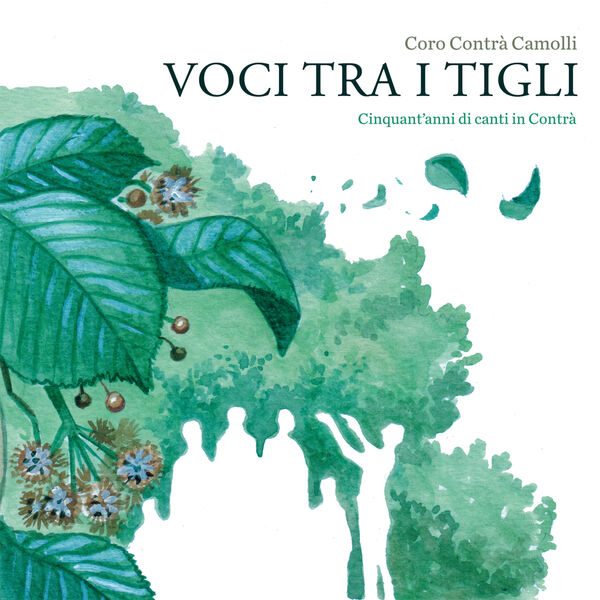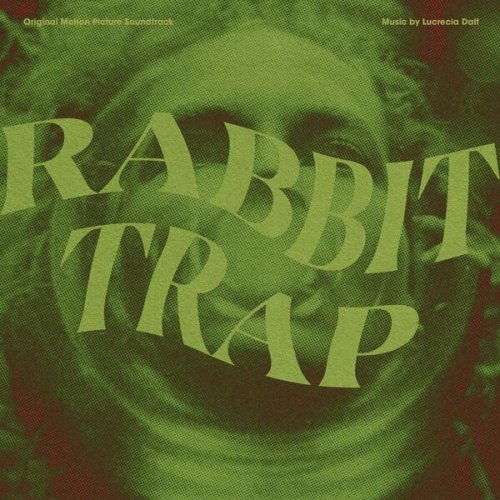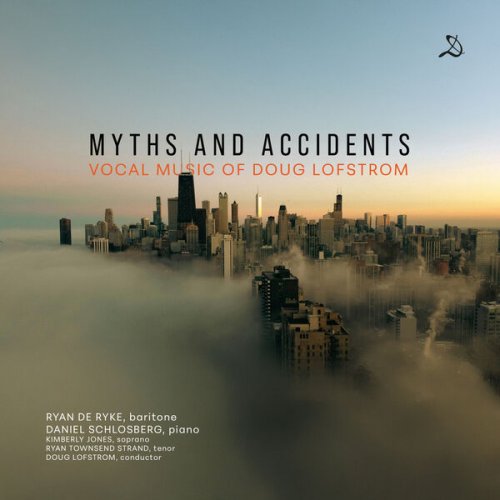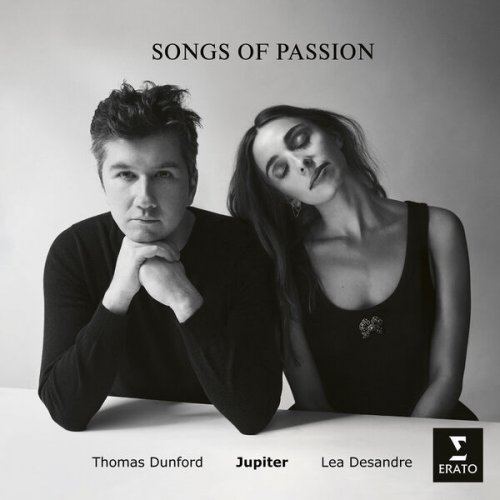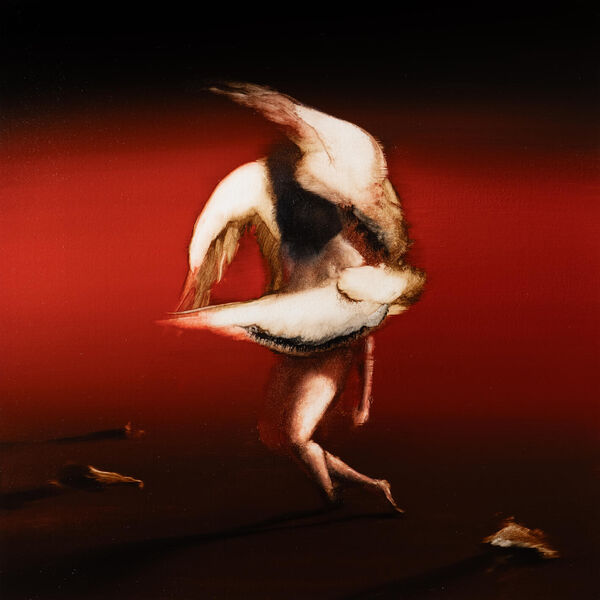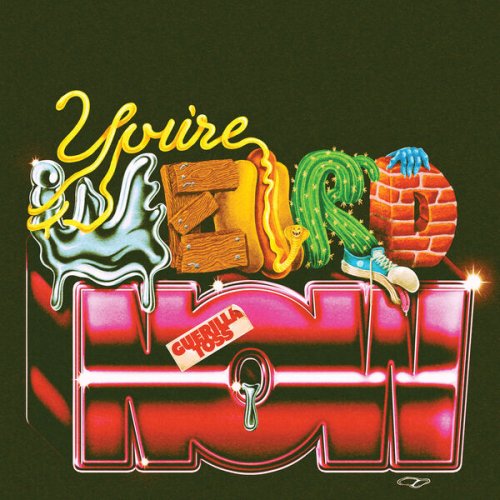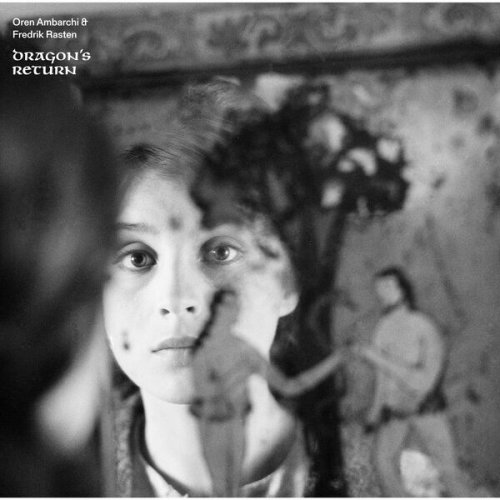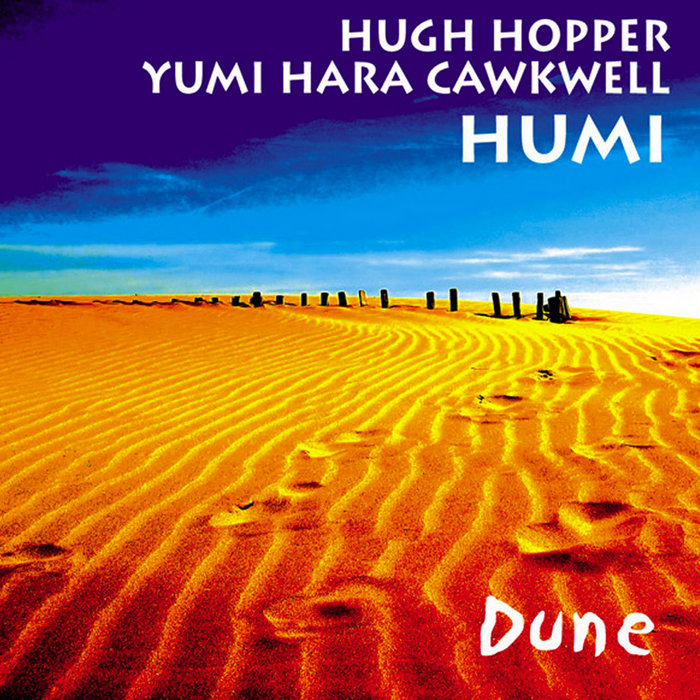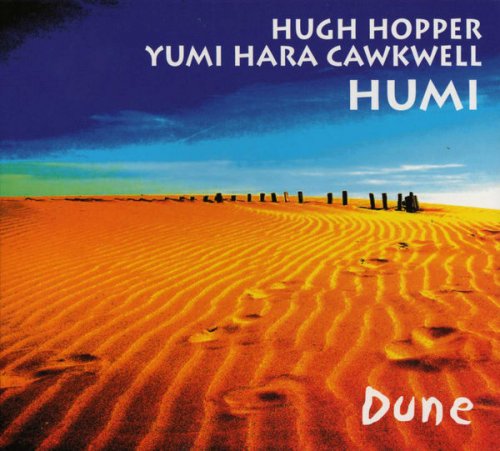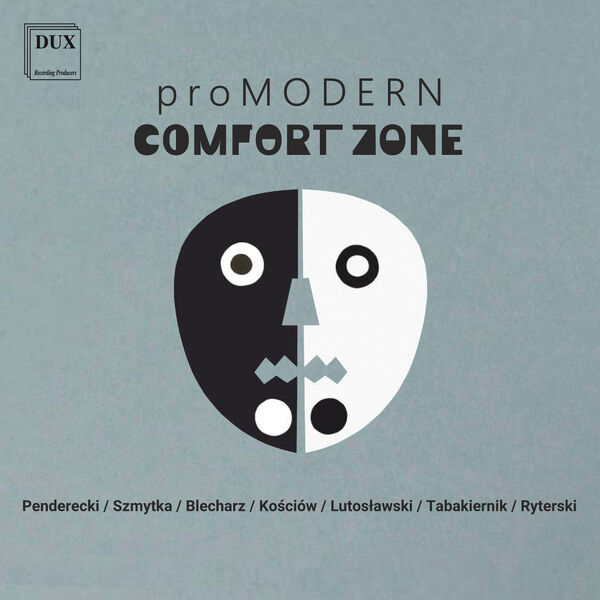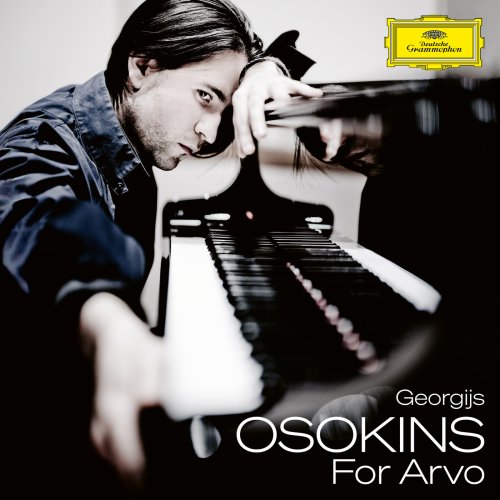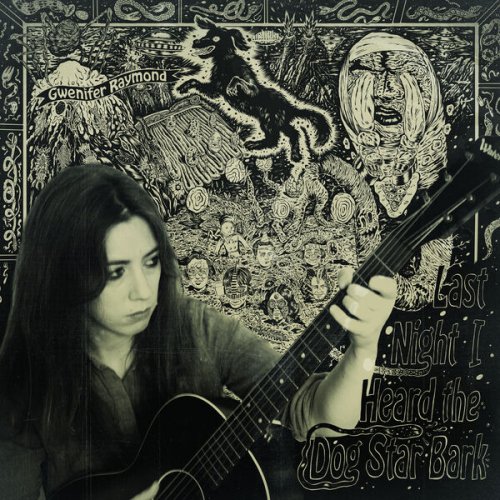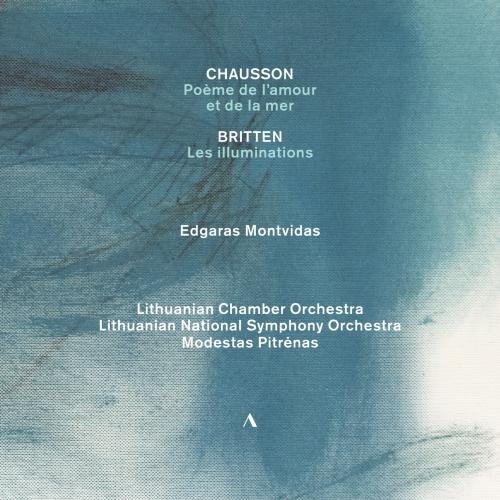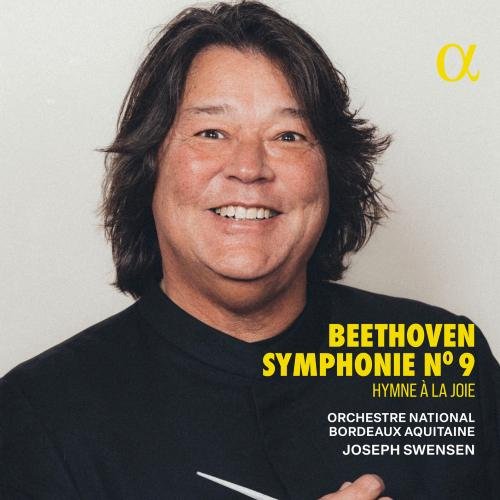Superlative release!
https://tidal.com/album/434927062/track/434927064
Last Night I Heard the Dog Star Bark is a hybrid of the ancient and the futuristic, where the arcane etchings of occult folk horror fuse with the unfathomable equations of the cosmos. A big bang, yes, but also an atom cleaved. On her latest album, this celebrated new champion of the finger-picked guitar looks upwards, outwards. somewhere beyond. Now the landscape is mapped – its knotted woodlands, its aurora-crowned mountains, its tangled undergrowth – Gwenifer Raymond hears the stars call.
Last Night I Heard the Dog Star Bark is a natural evolution for such an intensely questing, personally excavating artist. The album is Raymond’s first since 2020’s Strange Lights Over Garth Mountain, which drew widespread acclaim for its repurposing of Mississippi blues and John Fahey’s intricate Americana to embody Raymond’s roots in rural South Wales and her interests in folk horror and the avant garde, a new form dubbed Welsh Primitive. Now, on her forthcoming album, Raymond finds herself conjuring the work of pioneering rocket scientists, the words of fictional hobo prophets and the concepts of mathematical infinity.
Having toured Europe, the US and Canada with the likes of Michael Chapman, Michael Hurley, The Handsome Family, Lankum, Charlie Parr, Richard Dawson, Ryley Walker and Squid, and played festivals including WOMAD, Green Man, End of the Road and Transmusicales in France, Raymond began recording Last Night I Heard the Dog Star Bark; exploring textures and following threads alone in her flat’s home studio, trying to get a sonic grip on a world spinning out of control.
Sci-fi and scientific readings provided a strange, objective clarity. One key reference was Tom O’Bedlam, an insane homeless mystic from Grant Morrison’s comic book series The Invisibles who sees holy words in street signs reflected from the city’s wet concrete, hidden meanings within the modern chaos. “The world seems to have been taking on an increasingly surrealistic tilt,” Raymond says, “and ol’ Tom makes more and more sense.”
“I’ve always been a big sci-fi reader,” she says, listing Phillip K Dick, Kurt Vonnegut and Ray Bradbury amongst the authors she read avidly as a child from her parents’ extensive sci-fi collection. Raymond would go on to complete a PhD in Astrophysics at Cardiff University, before moving to Brighton to become an AI and video game programmer.
Midway through writing her third album, then, she was drawn to the pulp sci-fi corners of Brighton market, picking up and devouring second hand tomes of strange science and the mystique of eternities. “A bunch of the stuff I was reading had these themes about the nature of infinity, and tying this into concepts about the afterlife,” she says. “Those thoughts were running in my mind a lot, especially when I was creating some of the droney sounds that book-end the album. The album enters from the cosmic void and exits through the galactic plane. Maybe you’re exiting out of hyperdrive into some strange planet where the album lives, then you zip out to find whatever is next.”©
